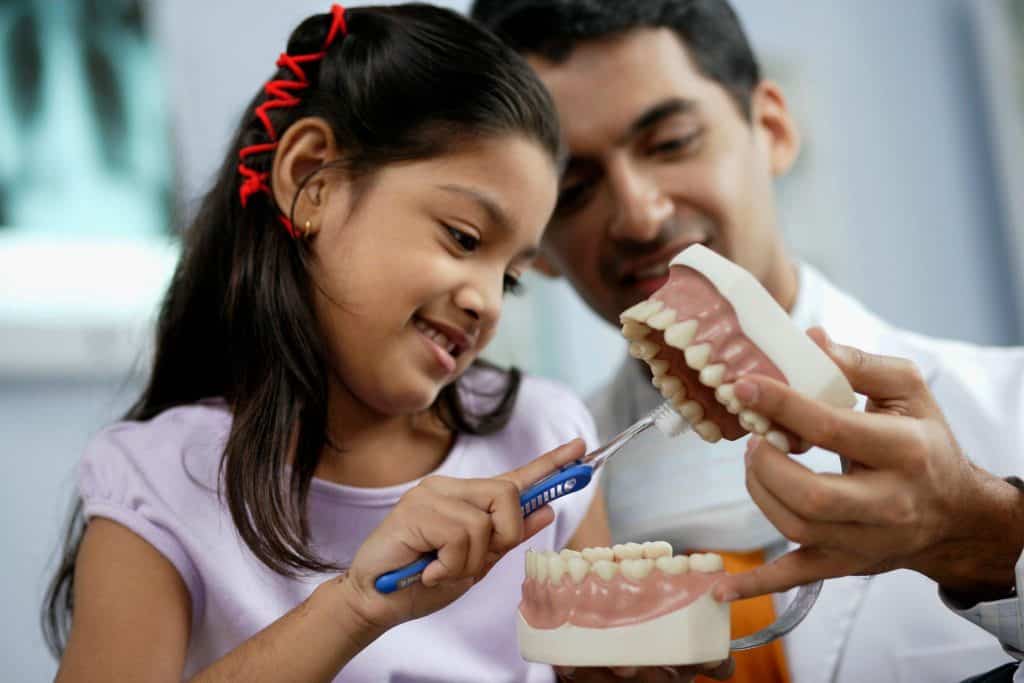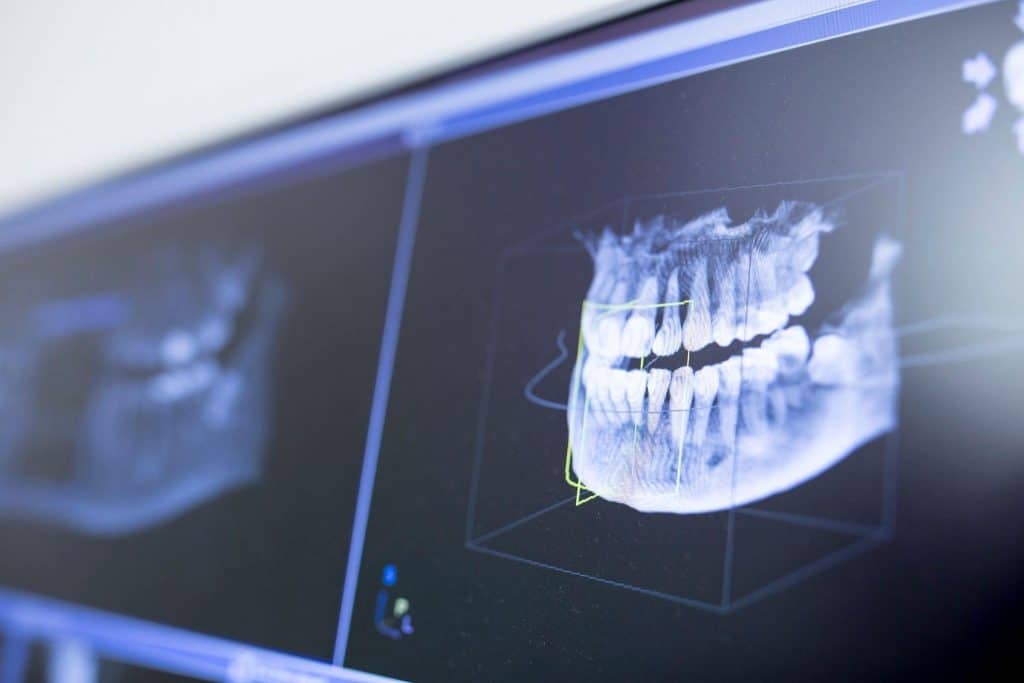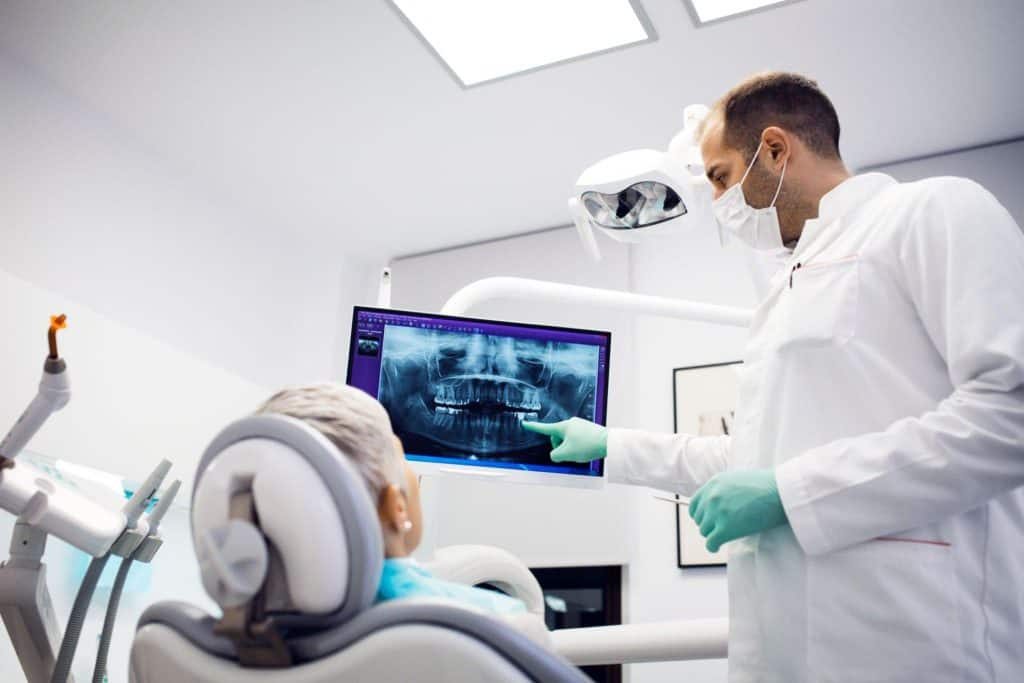Dentists have long described teeth and gums as the “gateway” to your body. After all, your mouth represents the entranceway where nutrients first enter and get processed to nourish the rest of your systems. We also use it to articulate language and express ourselves. Perhaps most obvious – it houses the pearly whites that largely determine our smile’s appearance. What lies beneath the surface, however, is the intimate interlinks between oral bacteria levels and inflammation with whole-body wellness.

Oral Health Indicates Overall Health
The Mouth: Mirror for Systemic Wellbeing
Emerging research reveals that oral bacteria, gum disease severity, cavity rates, tooth loss, and other oral infections directly impact inflammatory biomarker levels throughout the body. The downstream effects profoundly influence development of chronic diseases remote from the mouth including:
- Cardiovascular crises like heart attack and ischemic stroke
- Adverse diabetes outcomes negatively impacting glycemic control
- Respiratory illnesses such as potentially fatal pneumonia
- Rheumatoid arthritis flares and severity
- Cognitive declines and Alzheimer’s disease progression
- Kidney function deterioration
- Nutrient deficiencies from malabsorption
- Pregnancy complications including premature birth
The mouth provides a high-sensitivity gauge of health and disease risk in other organ systems. Attending to oral cleaning habits and gum disease provides whole-body protection far exceeding just a prettier smile alone.
Understanding Periodontal Disease
What Happens When Gums Become Inflamed
Periodontal (gum) disease develops as plaque thickens into calculus that colonizes below the gumline. Bacterial toxins provoke an inflammatory immune response. Unchecked, this destroys the fibers anchoring each tooth and erodes underlying jawbone support. This progresses in severity through distinct stages:
- Gingivitis – Gums redden, swell, and bleed easily. Still reversible with resumed diligent oral hygiene.
- Early Periodontitis – Initial attachment fiber damage from inflammation spreads infection deeper. Mild-to-moderate clinical signs and symptoms appear including deeper gum pockets and receding gums reflecting progressive tissue and bone loss. Treatments can still halt damage and save affected teeth.
- Late Periodontitis – Significant destruction of periodontal ligaments leads to pronounced clinical manifestations like loose or drifting teeth, pus pockets, or abscesses. Aggressive deep cleanings and surgical grafts aim to salvage teeth but extraction proves inevitable in advanced cases with extreme loss of supporting bone.
The pathological changes that destroy gum tissues internally also dump inflammatory chemicals into circulation that impact vessels and organs distant from the mouth. Detecting and intervening against infection early on maintains both oral and whole-body health.

Heart Attacks and Stroke Risks
How Oral Bacteria Impacts Cardiovascular Health
Oral bacteria enter the bloodstream through bleeding gums or everyday actions like chewing, flossing, and brushing, allowing them to infiltrate coronary arteries and trigger inflammatory cascade reactions. Research confirms this directly raises risks for catastrophic cardiovascular events like:
- Heart Attack – Bacteria activate white blood cells and platelet aggregation while upsetting normal clotting mechanisms. This leads to occlusive clot formation inside coronary arteries, depriving heart muscle of oxygenated blood flow. Studies show improved periodontal health cuts heart attack risks significantly.
- Ischemic Stroke – Gum pathogens cause atherosclerotic plaque to rupture or damage blood vessel walls, enabling platelet-rich clots to form that block arteries supplying the brain. Managing oral bacteria levels reduces stroke risk markers like c-reactive protein.
The oral-cardiovascular links mean diligently managing periodontal disease protects your vital heart health for life.
Adverse Diabetes Outcomes
Well-Controlled Gums, Well-Controlled Blood Sugar
Diabetes proves especially devastating to periodontal health since elevated blood glucose enables oral pathogens to thrive while suppressing infection-fighting white blood cells in gums. Conversely, periodontal bacteria make managing healthy blood sugar ranges vastly more challenging by:
- Increasing systemic inflammation compounding insulin resistance
- Raising oxidative stress straining the body’s antioxidant capacity
- Altering gut microbiomes integral for balanced glycemic responses
- Contributing chronic stress activating glucose-elevating hormones
This two-way association means diabetes patients face much higher risks of severe gum recession, loose teeth, and eventual tooth loss over time. But properly controlling periodontal inflammation and infection burdens through dental treatments and cleaning can cut Hemoglobin A1C scores by up to 15% for better managed diabetes.

Oral Health Impacts Respiratory Function
Keep Lungs Clear with Clean Teeth
Given the ease with which oral bacteria enter the lungs through microaspiration during breathing, poor oral hygiene also makes community-acquired respiratory infections like pneumonia far more likely and life-threatening. This remains especially problematic for vulnerable hospitalized elderly and mechanically ventilated patients.
However, researchers find that improving oral health status through regular professional care significantly:
- Reduces dental plaque reservoirs of respiratory pathogens like Klebsiella and Pseudomonas species over time.
- Cuts rates of aspiration pneumonia – a common cause of hospital deaths – by up to 40%.
- Shortens ventilator requirements and intensive care stays.
Rheumatoid Arthritis Activity
The periodontal bacteria Porphyromonas gingivalis generates enzymes that weaken tissues supporting teeth. But emerging research shows this pathogen also drives development and progression of rheumatoid arthritis (RA).
Studies reveal RA patients have increased antibodies and reactivity targeting P. gingivalis compared to healthy matched controls. The microbe likely triggers autoimmunity through techniques like citrullination and molecular mimicry that eventually destroy joint tissues.
Managing periodontal pockets housing P. gingivalis then promises an innovative way to relieve painful RA flares. Improved dental cleanings and antimicrobial rinses keep levels of the offending bacteria suppressed for better managed inflammation and less frequent flare-ups.
Oral Health Links Later in Life
Given all the diverse chronic diseases impacted by oral bacteria and inflammation, pursuing lifetime dental wellness pays exponential whole-body dividends later in life. Landmark studies demonstrate that older adults who prioritize routine dental care and gum disease treatment maintain better physical and mental functioning compared to those who neglect oral health. Proper dental care literally helps preserve independence, cognition, and longevity.

Act Now to Protect Far More than Your Smile
Treat Gum Disease Before Systemic Spread
Hopefully you now better understand why periodontal disease earns well-deserved recognition as the “silent epidemic” driving numerous adverse health outcomes beyond the mouth. The takeaway for protecting more than just your teeth means adopting the following wellness strategies:
- Maintain a strict daily oral hygiene regimen to suppress bad bacteria.
- Obtain biannual dental cleanings and periodontal evaluations.
- Treat active gum infections aggressively to resolution.
- Address factors like smoking and diabetes that worsen periodontal risks.
- Recognize oral-systemic links to manage whole-body inflammatory burden.
Committing to lifetime oral wellness serves your best interests from head to toe – protecting far more than just your smile alone!
